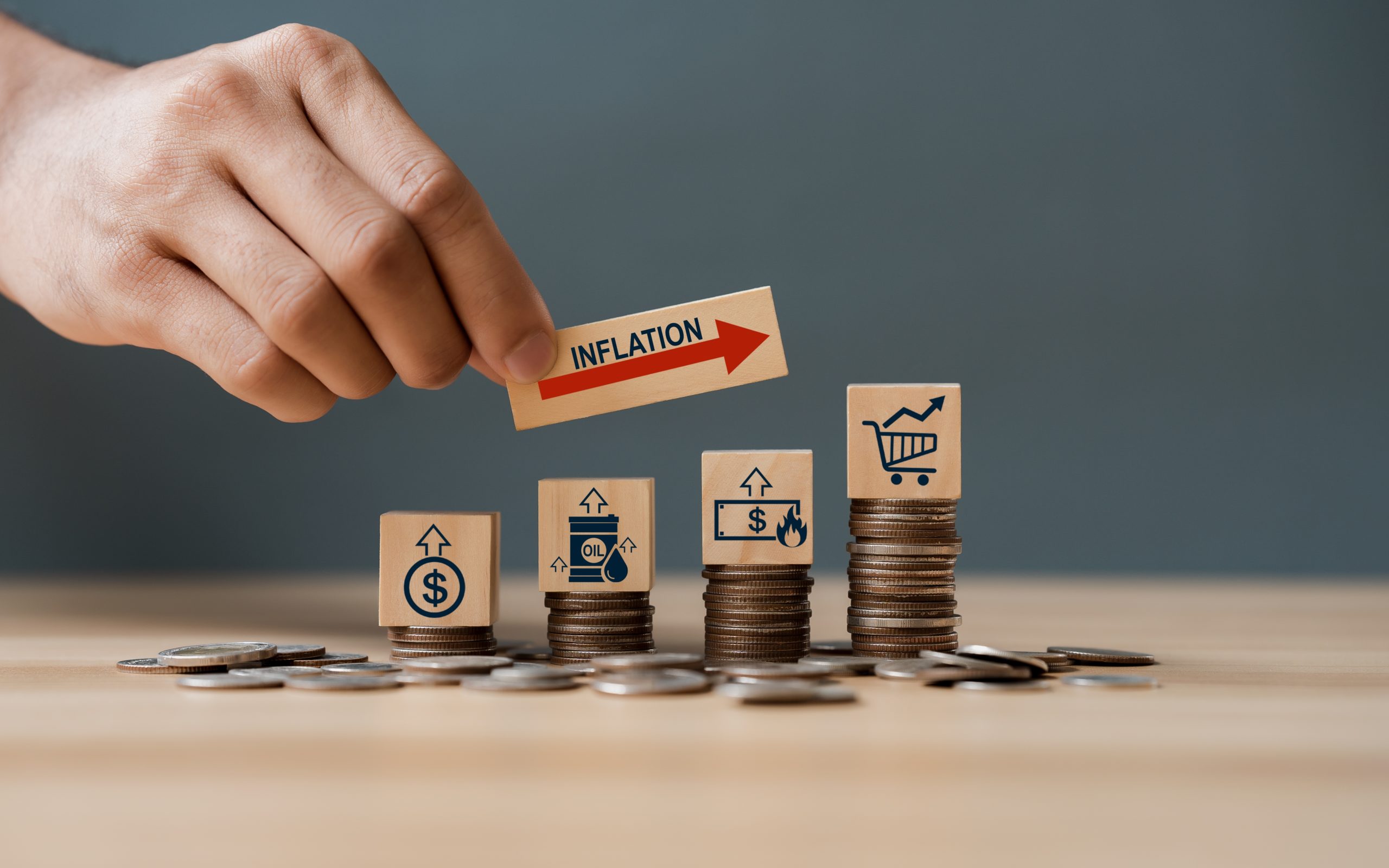Consumer Debt In The U.S.

Consumer debt in the U.S. is at an all-time high.
According to the Federal Reserve, U.S. consumer debt is fast approaching a whopping $16 trillion (USD), a year-over-year increase of $1 trillion.
Furthermore, Q4 of 2021 saw the highest rate of increase in consumer debt since 2007.
*** SPECIAL NOTE *** – If your credit cards, personal loans, or medical debts have become unmanageable and you owe over $20,000… then go here for debt relief. We can help!
Even as credit card debt has declined, mortgage and auto loan balances have increased dramatically. This trend may continue as the Fed is expected to begin raising interest rates in a move to get inflation under control. But just what exactly is consumer debt? And what does this mean for individuals?
What Is Consumer Debt?
Consumer debt is debt owed when individuals use a loan to purchase goods meant for individual or household consumption.
Examples of consumer debt include auto loans, mortgages, student loans, credit card debt, legal fees incurred for family or household purposes, etc.
This is in contrast to non-consumer debt, which includes debt owed on investment obligations, necessary medical expenses, business expenses, taxes, personal guarantees, tort claims, etc.
The benefit of consumer debt is that it theoretically encourages spending among younger individuals, allowing them to pay for education and housing, then paying their debts as they age and their salaries grow.
However, many people rack up debt on high-interest credit cards that must be paid on a monthly basis and find themselves spiraling deeper into debt.
Why Is Consumer Debt On The Rise In The U.S.?
Mortgage and auto loan balances have increased significantly from 2020 to 2022.
This phenomenon was spurred on by pandemic-related market forces.
For example, the home prices surged during the pandemic because consumers were offered historically low mortgage rates. On the other hand, auto loans increased because supply chain shortages and inflationary pressures increased the price of cars and a more expensive car means a more expensive loan.
Credit card debt has been on the decline, but pending interest rate hikes may reverse this trend.
An increase in credit card debt is particularly detrimental to overall consumer debt because the debt is not tied to tangible assets that increase in value over time (i.e. a mortgage on a house). Purchasing food, gas, and other goods that don’t hold value decrease a consumer’s net worth while driving up their debt.
How Inflation Increases Consumer Debt
In June of 2020, the average retail gas price was about $2.12 a gallon.
In June of 2022, the cost of the same gallon of gas is $4.87.
Consumers can see inflation at work every time they buy groceries or pump their gas, but inflation also affects consumer debt. Price increases put financial pressure on consumers. If the price of gas doubles and you still take home the same salary, you may need to use a credit card to bridge the gap.
These inflation-related pressures may soon be combined with increased short-term interest rates as a consequence of the Fed’s interest rate hikes, creating a perfect storm for U.S. consumer debt to hit new all-time highs.
So, how does one navigate such a hostile financial environment?
Start Managing Your Debt Today
The most important thing you can do in an uncertain economic environment where inflation is out of control and interest rates are likely to rise is to get your debt under control.
Caution, frugality, budgeting, and monitoring your debt-to-income ratio are smart ways to adjust to a financial crisis, but eliminating your debt should be the top priority.
The proper debt relief solution will be unique to each individual.
Fortunately, Americor can tailor the optimal solution to your situation and help you navigate this uncertain economic environment.
At Americor, we understand the unique financial challenges people are facing today.
As America’s trusted source for debt relief solutions, we aim to empower you with financial knowledge that can lead to informed decisions, whether it’s about savings, investments, or managing debt.
If your debt has become unmanageable and you have difficulty making your debt payments each month, then you should consider a FREE consultation call with one of our certified Debt Consultants, who can provide personalized debt relief advice tailored to your specific needs.
By taking proactive steps today, you can put an end to your financial stress and work towards a brighter financial future.
Remember, there is always hope for debt relief, and our team of experienced professionals are ready to guide you on your journey to regaining control of your finances.
For more information on Americor’s debt relief services, contact us today to see how we can help you eliminate your debts, and get on the fast-track to becoming completely debt-free!